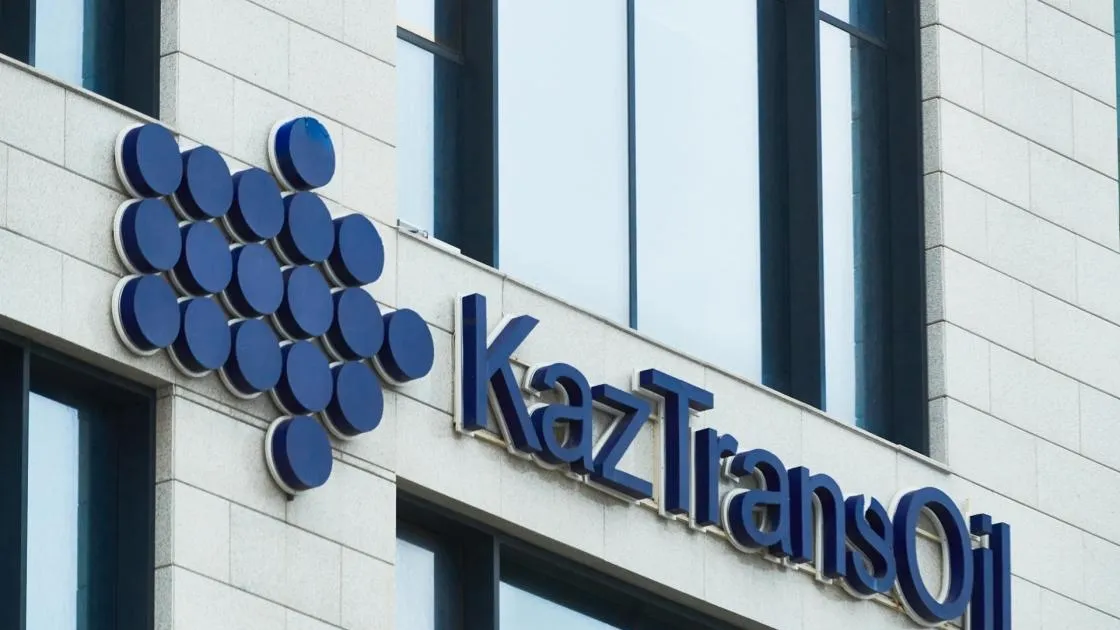KazTransOil, the operator of the main oil pipeline in Kazakhstan, supplied nearly one million tonnes of oil to Germany in 2023.
“In January-December 2023, the volume of transportation of Kazakh oil through the trunk oil pipeline system of Transneft PJSC towards the Adam’s Gate oil delivery point for further delivery to Germany amounted to 993,000 tonnes,” Interfax quoted the company’s press service as saying last week.
The accomplishment aligns with the diversification efforts of Kazakhstan's oil export routes, as the oil is transported through the extensive Druzhba pipeline, passing through Russia, Belarus, and Poland before reaching its destination in Germany.
According to the schedule approved by the Ministry of Energy, KazTransOil is gearing up to transport an additional 100,000 tonnes of oil in January 2024 for further delivery to Germany. The company has ambitious plans to ship up to 1.2 million tonnes of Kazakh oil to Germany in 2024.
Energy Minister Almasadam Satkaliev mentioned in October 2023 that Kazakhstan is considering increasing oil exports to Germany via the Druzhba oil pipeline from 1.2 million tonnes to 2 million tonnes per year, pending negotiations to determine the final volume.
The Druzhba pipeline, one of the world's longest oil pipelines, has played a pivotal role in Kazakhstan's emergence as a key player in the European oil market. The country, the third-largest oil producer in the Caspian region, has strategically directed over 70 percent of its oil exports to the European Union (EU). Kazakhstan currently stands as the EU's third-largest non-OPEC supplier.
Meanwhile, Germany has expressed interest in exploring additional oil deliveries from Kazakh oil companies. Since responding to a request from the German government in 2022, Kazakhstan has steadily increased oil shipments through the Druzhba pipeline. The pipeline spans from Russia to Eastern and Central Europe, facilitating efficient deliveries.
Kazakhstan's enhanced role in the European oil market comes at a time when the quest to reduce dependency on Russian oil and gas has gained momentum. Following Russia's invasion of Ukraine in February 2022, the EU implemented strict sanctions, including a two-thirds embargo on Russian oil supplies. The European leaders' pursuit of strategies to limit future imports includes promoting conservation efforts, exploring alternative sources, and accelerating the transition to renewable energy such as wind and solar power.
As a result, Kazakhstan's position as a reliable oil supplier is becoming increasingly vital for the EU. Amid this evolving landscape, Kazakhstan's rich energy resources position it as a key player in meeting Europe's oil demands.
Kazakhstan currently exports 67 million tons of oil annually to Europe through Russia, primarily via the Caspian Pipeline Consortium (CPC) to Novorossiysk, enabling access to global markets. Over two-thirds of Kazakhstan’s oil exports are transported through the CPC pipeline.







 President Ilham Aliyev shed light on the evolving contours of the peace process with Armenia during an international conference in Baku this week. ...
President Ilham Aliyev shed light on the evolving contours of the peace process with Armenia during an international conference in Baku this week. ...
 Azerbaijan and Armenia started the process of demarcation of their border on Tuesday, with the installation of the first border markers based on ge...
Azerbaijan and Armenia started the process of demarcation of their border on Tuesday, with the installation of the first border markers based on ge...
 President Aliyev emphasized the critical role of the North-South Transport Corridor in fostering transport cooperation between Azerbaijan and Russi...
President Aliyev emphasized the critical role of the North-South Transport Corridor in fostering transport cooperation between Azerbaijan and Russi...
 Iran and Pakistan have signed eight cooperation documents in various fields, and agreed to strengthen ties to fight terrorism in the region.
Iran and Pakistan have signed eight cooperation documents in various fields, and agreed to strengthen ties to fight terrorism in the region.
 As the conflict between Ukraine and Russia escalates, the strategic importance of Kharkiv, Ukraine's second-largest city, has come sharply into focus.
As the conflict between Ukraine and Russia escalates, the strategic importance of Kharkiv, Ukraine's second-largest city, has come sharply into focus.



